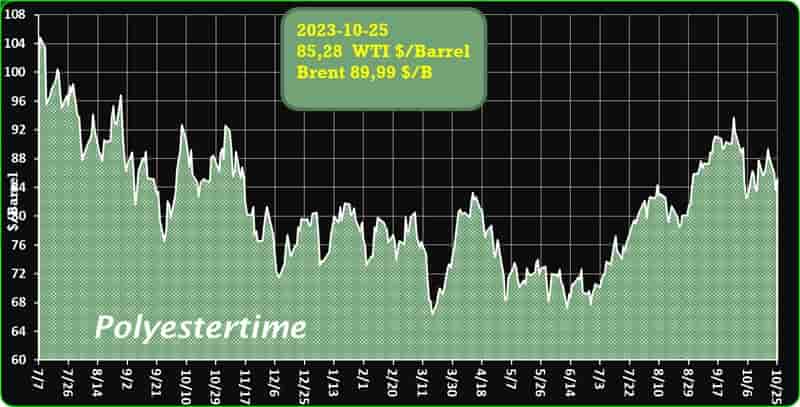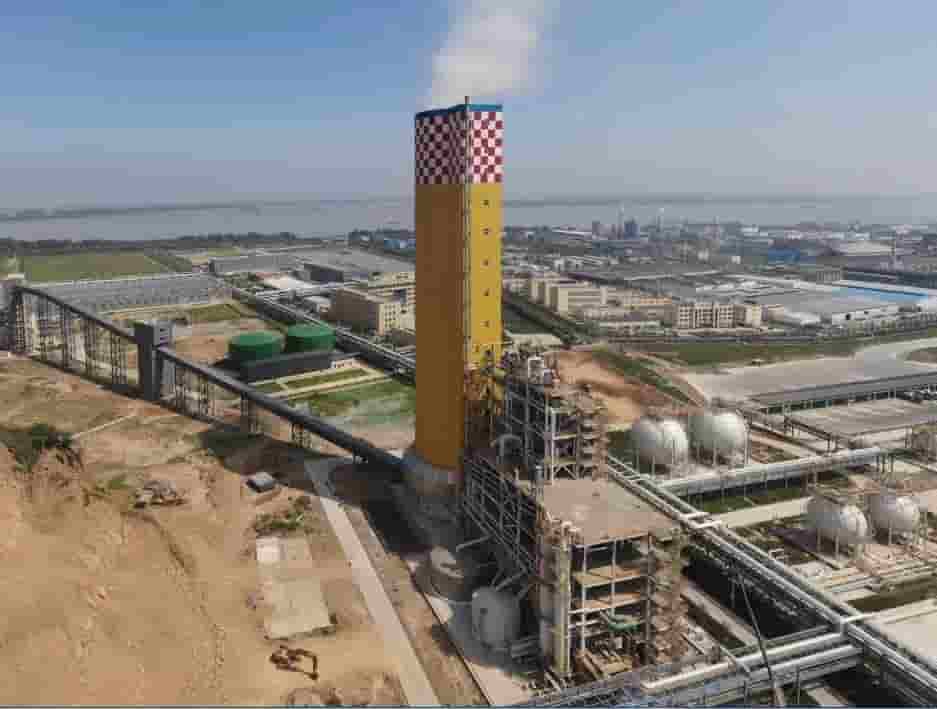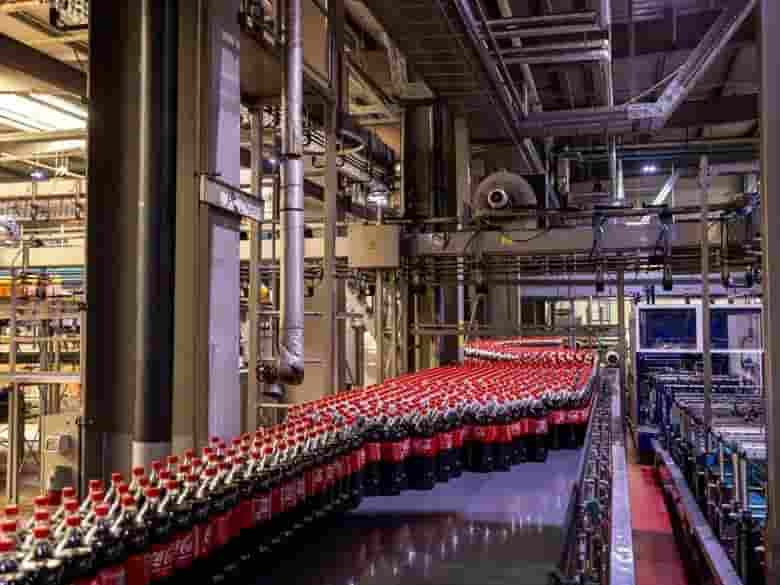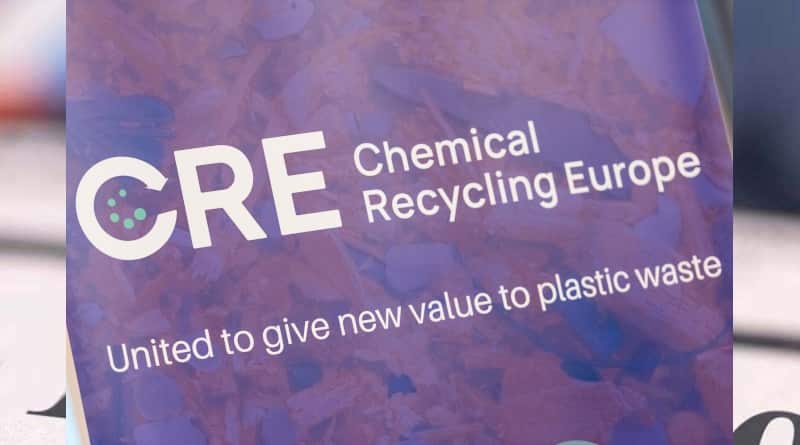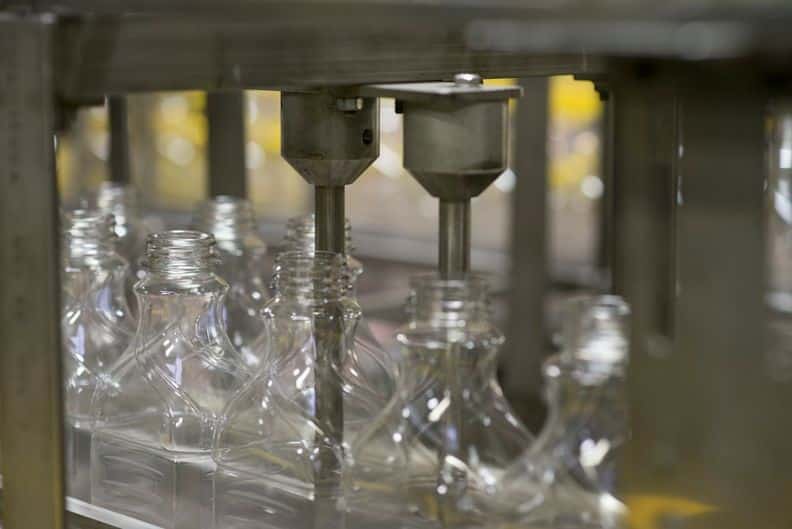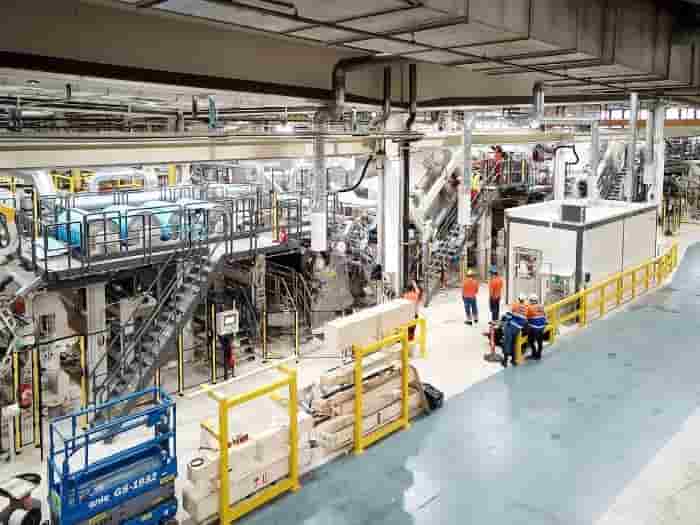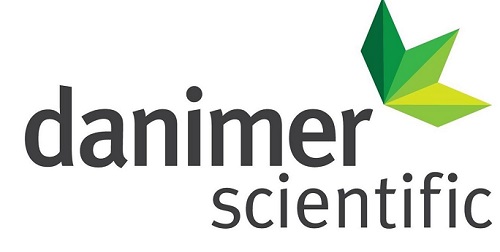Amid what’s described as an “escalating global plastic pollution crisis,” key stakeholders from across the plastics space, headed by NGOs, policymakers, and the scientific community, have unveiled their recommendations to guide UN negotiations on establishing an international, legally binding treaty to combat plastic pollution. Plastic Pollution
Delegates at the inaugural Global Plastics Summit in Bangkok, albeit with sparse participation from plastics producers themselves, proposed a raft of solutions to plug gaps in a draft of a Global Plastics Treaty to ensure it is robust enough to tackle the plastics crisis. The summit, organized by Economist Impact, is the largest and most significant assembly of stakeholders ahead of the third round of negotiations on the UN Plastics Treaty (Intergovernmental Negotiating Committee INC-3), scheduled to take place in Nairobi, Kenya, from Nov. 13 to 19, 2023.
Slashing virgin resin production by 2040
Among the more ambitious — some might say radical — proposals to minimize plastic waste detailed at the summit included calls to significantly reduce production of virgin polymers. One such strategy was highlighted in a presentation by Felix Cornehl, manager of Systemiq. The firm describes itself as a system change company whose objective is to help design and build a better [sustainable] economy. Plastic Pollution
Under its Global Rules Scenario, Systemiq proposes that global production of virgin plastics be slashed by 30% by 2040 compared with the 2019 production level through a process of reduction and elimination, including increased usage of recycled materials.
The Global Rules Scenario would reduce the annual volume of virgin plastic production and consumption by applying targets, fees and demand reduction policies; eliminating avoidable single-use plastics in certain applications; mandating substitution where alternative materials would yield better impacts; and expanding safe reuse, recycling, durability, and repair.
Systemiq’s proposal does emphasize that alternative materials should only be mandated when their environmental outcomes are more favorable than those of the material being replaced. One potential barrier here is that, in numerous cases, plastics have been proven to be the most environmentally friendly option available, provided they are disposed of correctly or recycled. Plastic Pollution
Hefty EPR fees on the table
The company’s proposal also encompasses extended producer responsibility (EPR), with fees modeled depending on product and region, but ranging from $300 per tonne starting in 2025 and increasing gradually to $1,000 per tonne by 2040.
The Global Rules Scenario does not consider substitution of current plastics with bio-based, biodegradable, or compostable plastics (except for some specific applications in agriculture). “Uncertainty remains as to the role of these solutions in the future and caution is required based on the available evidence,” says Systemiq.
The end result of the Global Rules Scenario would lead to production of just 301 million tonnes of virgin plastics in 2040 versus 430 million tonnes in 2019, compared with 712 million tonnes in 2040 in a business-as-usual scenario. If realized, this would have a devastating effect on many plastics producers and converters who fail to adapt to the new normal. Plastic Pollution


